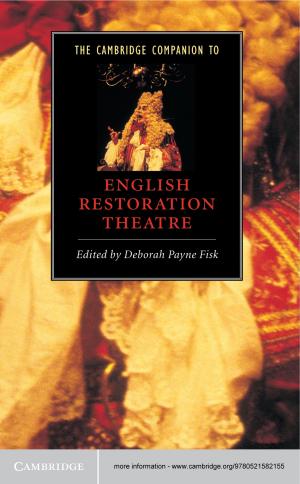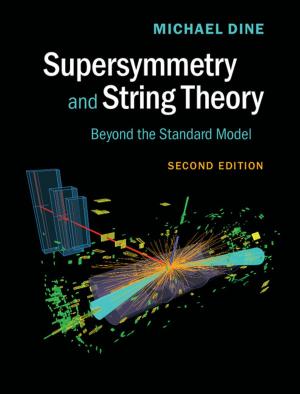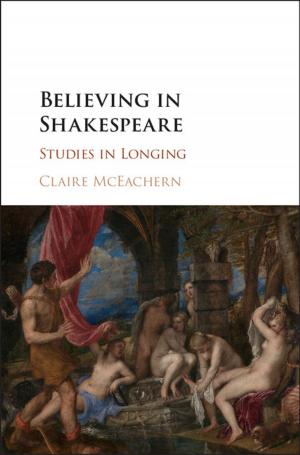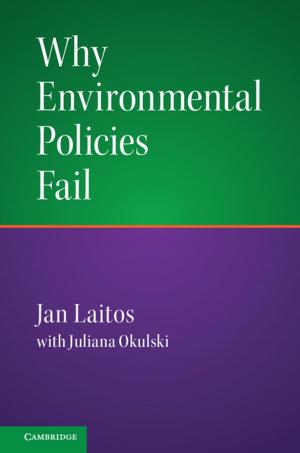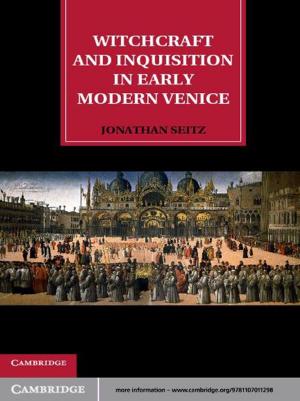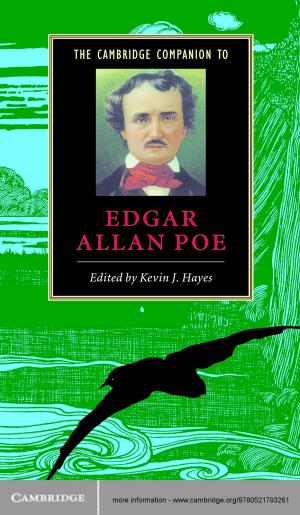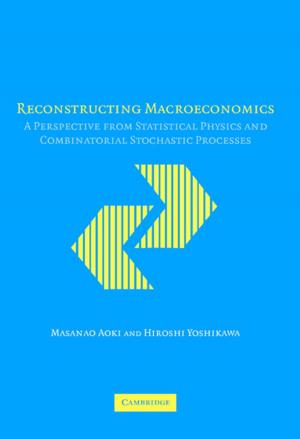Rome
An Urban History from Antiquity to the Present
Nonfiction, Art & Architecture, Art History, General Art, History| Author: | Rabun Taylor, Katherine Wentworth Rinne, Spiro Kostof | ISBN: | 9781316678862 |
| Publisher: | Cambridge University Press | Publication: | September 7, 2016 |
| Imprint: | Cambridge University Press | Language: | English |
| Author: | Rabun Taylor, Katherine Wentworth Rinne, Spiro Kostof |
| ISBN: | 9781316678862 |
| Publisher: | Cambridge University Press |
| Publication: | September 7, 2016 |
| Imprint: | Cambridge University Press |
| Language: | English |
Spanning the entire history of the city of Rome from Iron Age village to modern metropolis, this is the first book to take the long view of the Eternal City as an urban organism. Three thousand years old and counting, Rome has thrived almost from the start on self-reference, supplementing the everyday concerns of urban management and planning by projecting its own past onto the city of the moment. This is a study of the urban processes by which Rome's people and leaders, both as custodians of its illustrious past and as agents of its expansive power, have shaped and conditioned its urban fabric by manipulating geography and organizing space; planning infrastructure; designing and presiding over mythmaking, ritual, and stagecraft; controlling resident and transient populations; and exploiting Rome's standing as a seat of global power and a religious capital.
Spanning the entire history of the city of Rome from Iron Age village to modern metropolis, this is the first book to take the long view of the Eternal City as an urban organism. Three thousand years old and counting, Rome has thrived almost from the start on self-reference, supplementing the everyday concerns of urban management and planning by projecting its own past onto the city of the moment. This is a study of the urban processes by which Rome's people and leaders, both as custodians of its illustrious past and as agents of its expansive power, have shaped and conditioned its urban fabric by manipulating geography and organizing space; planning infrastructure; designing and presiding over mythmaking, ritual, and stagecraft; controlling resident and transient populations; and exploiting Rome's standing as a seat of global power and a religious capital.

